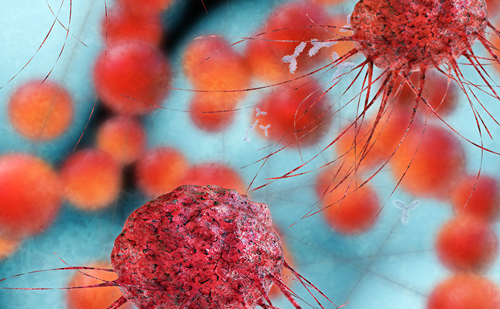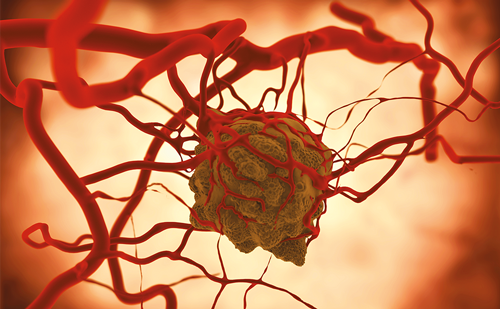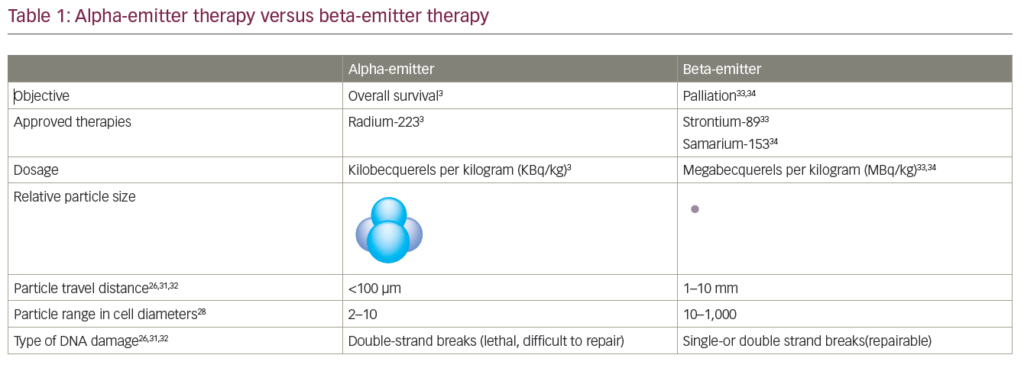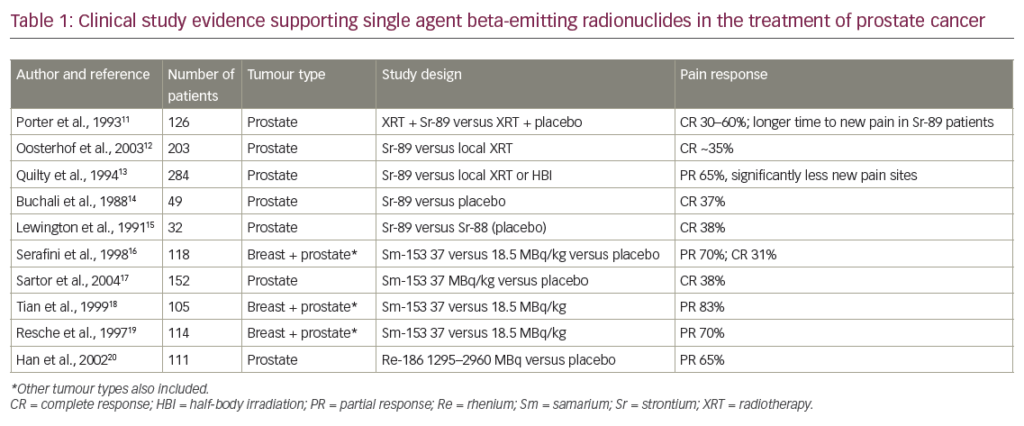Welcome to the latest edition of European Oncology & Haematology. This issue covers several major and topical areas, with articles covering supportive care, breast cancer, lung cancer and colorectal cancer. For this issue, our special focus is on prostate cancer. In the haematological section we will be covering topics on haematological malignancies and paediatric oncology.
Welcome to the latest edition of European Oncology & Haematology. This issue covers several major and topical areas, with articles covering supportive care, breast cancer, lung cancer and colorectal cancer. For this issue, our special focus is on prostate cancer. In the haematological section we will be covering topics on haematological malignancies and paediatric oncology.
In this issue, we feature a special report on The European Organisation for Research and Treatment of Cancer as they celebrate fifty years of progress against cancer. In the article, John Bean, Denis Lacombe and Françoise Meunier present a general overview of some of the achievements that have changed medical practice in cancer treatment with particular regard to new and improved chemotherapy and multi-modal treatment, the use of imaging and diagnostics, and the development of guidelines for optimising treatment and patient quality of life. In the Supportive Oncology section, John A Liu Yin et al. discuss chemotherapy-induced febrile neutropenia, and how the introduction of granulocyte-colony stimulating factors may lead to fewer adverse events and improved survival. In the Breast Cancer section, Zorica Tomasevic and Daniela Kolarevic examine how Dermal Lymphatic invasion (DLi), although not mandatory for inflammatory breast carcinoma diagnosis, is one of the hallmarks of this malignancy. They discuss their views on whether DLi presence could represent a real negative factor in respect to treatment outcome. Christine Collen, Denis Schallier and Mark de Ridder discuss concurrent chemoradiation in inoperable, locally advanced non-small cell lung cancer. They attempt to summarise the data on efficacy and toxicity of concurrant chemoradiation in the elderly as they believe there is underrepresentation of elderly patients in clinical trials on concurrent chemoradiation in locally advanced non-small cell lung cancer. In the Colorectal Cancer section, Cornelis Verhoef et al. discuss whether resection of the primary tumour has an effect on survival or quality of life for patients with stage IV colorectal cancer with unresectable metastases. The authors conclude that with current new chemotherapy regimens, including vascular endothelial growth factor and epidermal growth factor inhibitors, a relatively low number of patients with metastatic colorectal cancer require surgery for their primary tumour.
In this edition, our special focus is prostate cancer. We start with Ferdinando Auricchio and Antimo Migliaccio’s article as they discuss the development of a new agent, VAL 201 as a potential future treatment for castration-resistant prostate cancer. They explore how this new agent represents a novel and exciting approach for cancer chemotherapy. Elsewhere, Adriano Angelucci and Mauro Bologna discuss how obesity is becoming one of the principal risk factors for age-related chronic diseases, and the role of adipokines in prostate cancer progression in the elderly. They conclude that the dissection of mechanisms leading to altered metabolic control by adipose tissue will eventually indicate a new preventive strategy for prostate cancer.
Articles relating to the haematological conditions examine the use of bendamustine in chronic lymphocytic leukaemia patients with co-morbidities and sleep concerns in paediatric sickle cell disease. Lauren C Daniel and Lamia P Barakat discuss the concern for sleep and how it affects children who suffer from sickle cell disease. Their in-depth review on this subject concludes that frequent monitoring for sleep disruptions can be essential to improving health outcomes and quality of life in children with sickle cell disease.
European Oncology & Haematology would like to thank the authors for their concise reviews of the topics given. We would also like to thank all organisations and partners for their ongoing support and the members of the editorial board for their continued involvement and advice. We hope you will find this edition an educational and enjoyable read. ■













